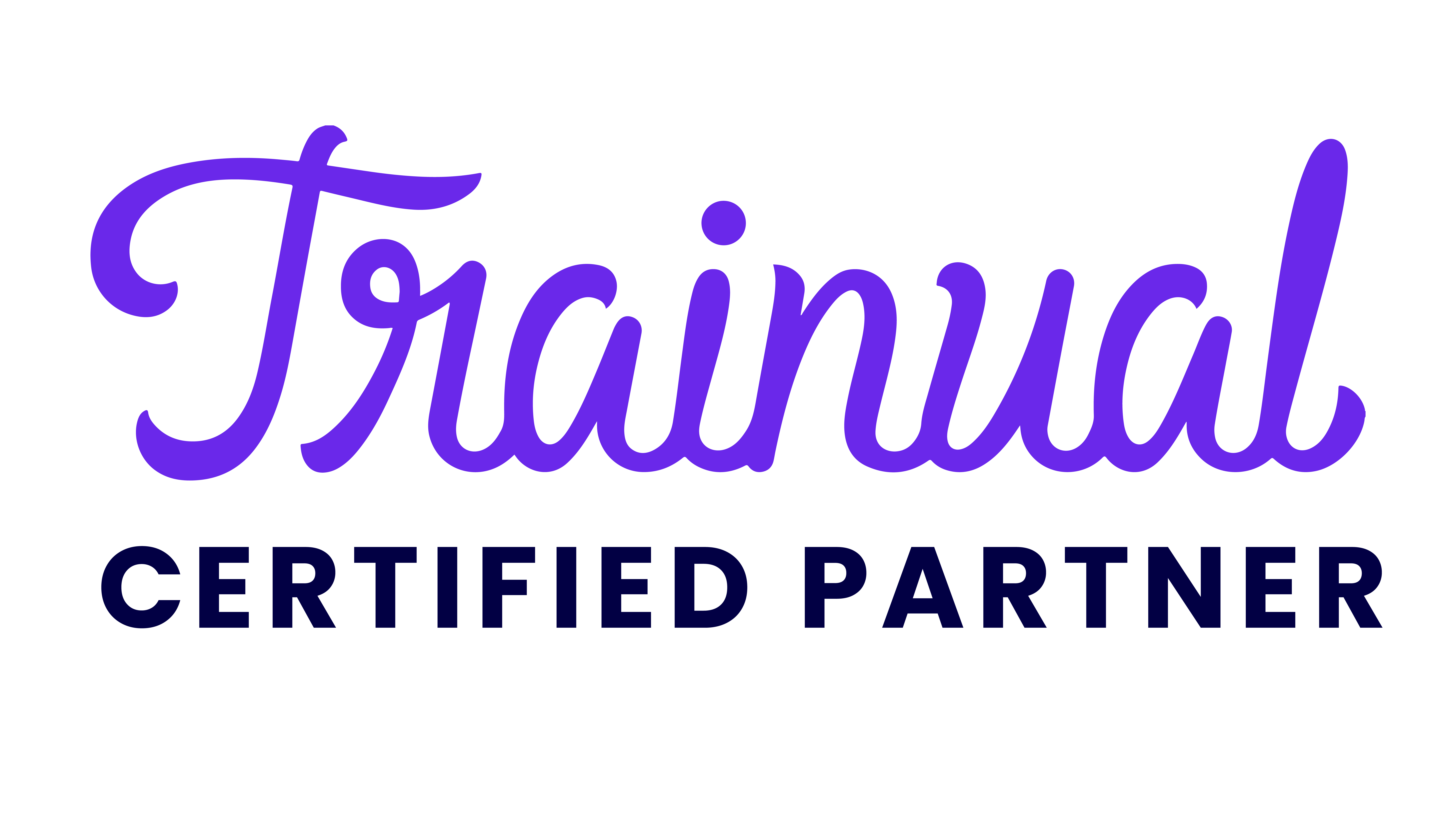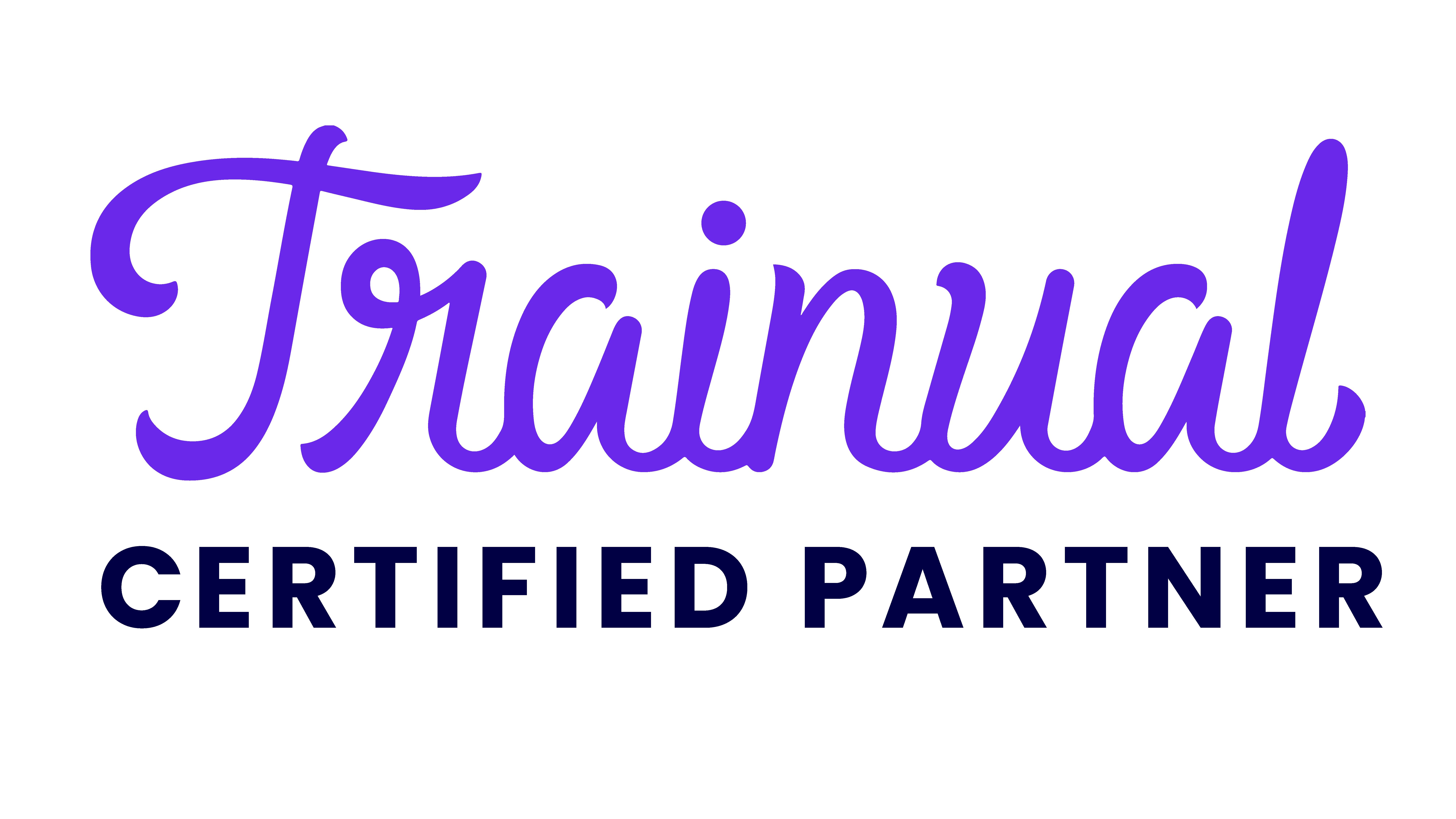Feeling overwhelmed by daily operations? Struggling to find time for strategic growth? You’re not alone. Many small business owners find their dreams of building a thriving company overshadowed by the relentless demands of day-to-day management. One way to create business freedom, reduce dependency on the owner, and empower teams to run the business effectively is through a business playbook.
You may think you have good systems in place; however, training your team, effectively onboarding new members, and delegating tasks without constant questions will be challenging if they aren’t documented. Chris Ronzio’s “The Business Playbook” offers a guide to documenting and delegating your business processes. One of the most crucial concepts in this book is “The Four Elements of a Playbook.” By understanding these elements, you can create a robust playbook to streamline your operations and set your business up for success.
What is a Business Playbook?
A business playbook is more than just a manual; it’s a strategic tool that captures the essence of your business operations. It ensures that everyone in your organization is on the same page, following the same procedures, and working towards the same goals. This is particularly important for small business owners who often wear multiple hats and struggle to maintain consistency. Creating a playbook allows you to delegate tasks more effectively, reduce errors, and free up your time to focus on growth.
“If you can’t describe what you are doing as a process,
you don’t know what you’re doing.”
W. Edwards Deming
The Four Elements of a Playbook
1. Profile
The first element of a playbook is the Profile. This section defines what makes your business unique. It includes your company’s brand, culture, values, mission, vision, and history. The Profile answers the “why” behind your business—why it exists, who it serves, and how it differentiates from competitors. This foundational element ensures that everyone in your organization understands and aligns with the core principles that drive your business.
Key Components:
- Brand and Culture: Describe your company’s identity and the culture you want to foster.
- Values and Mission: Outline the principles and goals that guide your business decisions.
- Vision and History: Share your long-term vision and the journey that brought your business to where it is today.
2. People
The second element is People. This section details who works in the business and their roles. It’s essentially a map of your team, helping new hires understand the structure and dynamics of your organization. By clearly defining roles and responsibilities, you can ensure that everyone understands their role and how they contribute to the business’s overall success.
Key Components:
- Team Structure: List all team members and their roles.
- Responsibilities: Define the specific duties and expectations for each role.
- Onboarding: Include a structured onboarding process to help new hires get up to speed quickly.
3. Policies
The third element is Policies. These are the operating rules and standards that govern your business. Policies cover everything from office hours and dress code to vacation policies and legal compliance. Clear policies ensure everyone knows what is expected of them and helps maintain a consistent and professional work environment.
Key Components:
- Operating Rules: Define the day-to-day rules that employees must follow.
- Standards: Set the standards for behavior, performance, and compliance.
- Legal Compliance: Ensure that all policies adhere to relevant laws and regulations.
4. Process
The fourth and most detailed element is Process. This section documents the step-by-step procedures for tasks and responsibilities. It’s the heart of the playbook, ensuring that everyone follows the same methods to achieve consistent results. By documenting your processes, you can train new employees more efficiently, reduce errors, and improve productivity.
Key Components:
- Step-by-Step Procedures: Detail the exact steps for completing tasks.
- Best Practices: Share the most effective methods and techniques.
- Training Materials: Include videos, screenshots, and other resources for training.

Action Step: Conduct a Playbook Element Audit
If you’re ready to take the first steps toward creating a business playbook, begin by auditing your existing documentation and operations using the four essential playbook elements.
- Profile Element Audit:
- Do you have a clearly defined company profile that outlines your brand, culture, values, mission, vision, and history?
- If not, gather your team and brainstorm these foundational aspects of your business identity.
- People Element Audit:
- Do you have an up-to-date organizational chart listing all team members and their roles/responsibilities?
- If not, create one and have each team member review and contribute to defining their roles.
- Policies Element Audit:
- Do you have documented policies covering operating rules, standards, legal compliance, etc.?
- If not, list the key policies your business needs and prioritize documenting them.
- Processes Element Audit:
- Do you have step-by-step procedures documented for critical tasks and responsibilities?
- If not, identify the most frequent and important processes to document first.
By conducting this four-part audit, you’ll gain clarity on which playbook elements you already have covered and which areas need more work. This will allow you to prioritize your playbook development efforts for maximum impact.
Implementing this action step will be the first crucial stage in creating a business playbook to streamline operations and set your company up for sustainable growth.
Conclusion
Creating a business playbook is a strategic move that can transform your operations and set your business up for long-term success. By focusing on the four key elements—Profile, People, Policies, and Process—you can ensure that your team is aligned, your operations are consistent, and your business is ready to scale. Don’t wait until you’re overwhelmed by growth or operational challenges. Start building your playbook today and take control of your business’s future.

Are you ready to Build a Game-Changing Business Playbook?
Ready to take the next step? Download our Playbook Readiness Scorecard to see if your business is prepared to create a transformative playbook. If you’re ready to start, contact us to schedule a consultation and learn how we can help you build a playbook tailored to your unique needs and goals.
Wendy Tadokoro is a business process specialist and consultant committed to helping small businesses systemize their operations. With years of experience in process development and documentation, Wendy has helped numerous businesses achieve greater efficiency and growth.
Resources/References
- “The Business Playbook” by Chris Ronzio
- Trainual.com for playbook software and resources




